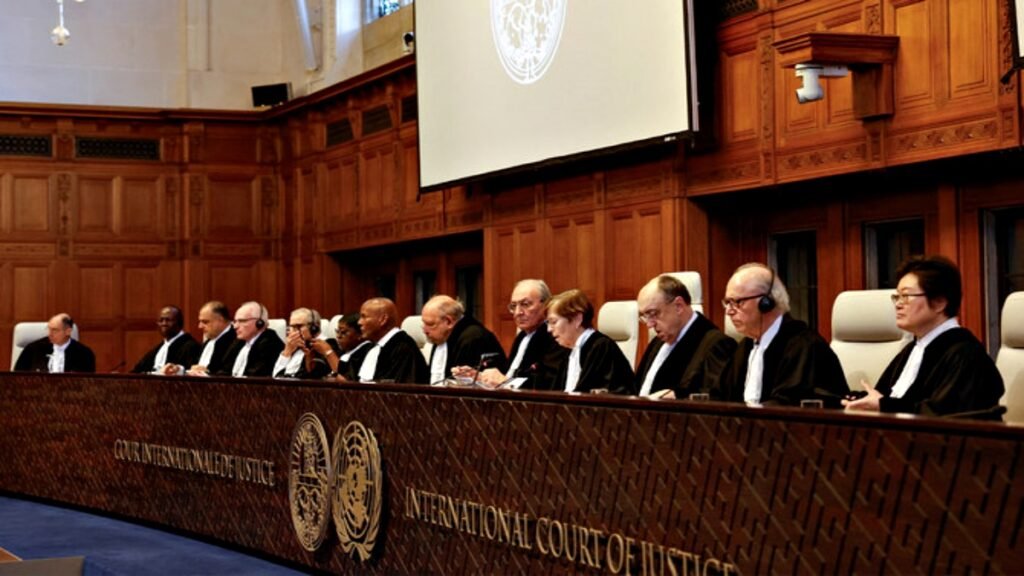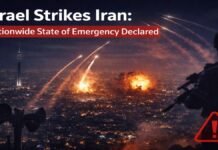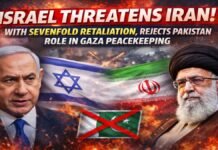
The Hague: The International Court of Justice (ICJ), the UN’s top court, is hearing a case filed by South Africa against Israel, accusing it of committing genocide in Gaza. The case stems from the ongoing conflict between Israel and Hamas, the Islamist group that controls Gaza. The conflict escalated on October 7, 2023, when Hamas launched rockets at Israel, prompting Israel to respond with a massive military campaign that has killed thousands of Palestinians and displaced many more.
Interim order
On Friday, January 26, 2024, the ICJ delivered a highly anticipated decision on whether to issue an interim order to stop the violence and protect the civilians in Gaza. The court, composed of a bench of seventeen judges, decided not to order an immediate ceasefire but asked Israel to make efforts to prevent loss of life and property. The court also said it would not dismiss the case, as requested by Israel, and that it would continue to examine the merits of the allegations of genocide.
The court’s president, Joan E. Donoghue, said in a statement: “The Court is acutely aware of the humanitarian tragedy unfolding in the region and is concerned about the continuing loss of life and property. The Court emphasizes that the parties must respect international humanitarian law and human rights law, and ensure the protection of civilians and civilian objects.”
Reactions
South Africa, which filed the case on behalf of the African Union, had urged the court to order Israel to stop its military operations in Gaza and to lift the blockade that has been imposed on the territory since 2007. South Africa’s representative, Naledi Pandor, said the court’s decision was disappointing, but expressed hope that the court would eventually find Israel guilty of genocide and hold it accountable.
Israel, which has rejected the charge of genocide and refused to recognize the court’s jurisdiction, had also urged the court to dismiss the case as baseless and politically motivated. Israel’s representative, Gilad Erdan, said the court’s decision was a victory for Israel, and accused South Africa of abusing the court’s process and siding with a terrorist organization. He also said Israel would continue to defend itself against Hamas’s attacks and to target its military infrastructure.
Consequences
The court’s decision, however, is only an interim order, and the full case could take years to be considered. The court has no power to enforce its rulings and relies on the cooperation of the parties and the support of the international community. The court’s decision could have political and diplomatic implications, as it could increase the pressure on Israel to end the conflict and to negotiate a lasting peace with the Palestinians. The court’s decision could also affect public opinion and the media coverage of the crisis, as it could raise awareness of the humanitarian situation and the legal issues involved.

The conflict in Gaza has caused a humanitarian crisis, as more than 26,000 Palestinians have been killed, according to the Hamas-run health ministry, which did not distinguish between combatants and civilians in the death toll. The ministry said about two-thirds of those killed included women and children. The Israeli military claims at least 9,000 of those killed are Hamas militants. UN officials have said people are also likely to die from disease and at least a quarter of the population faces starvation. The conflict has also damaged or destroyed thousands of homes, schools, hospitals, and other infrastructure, leaving many people without access to basic services such as water, electricity, and health care.






















































